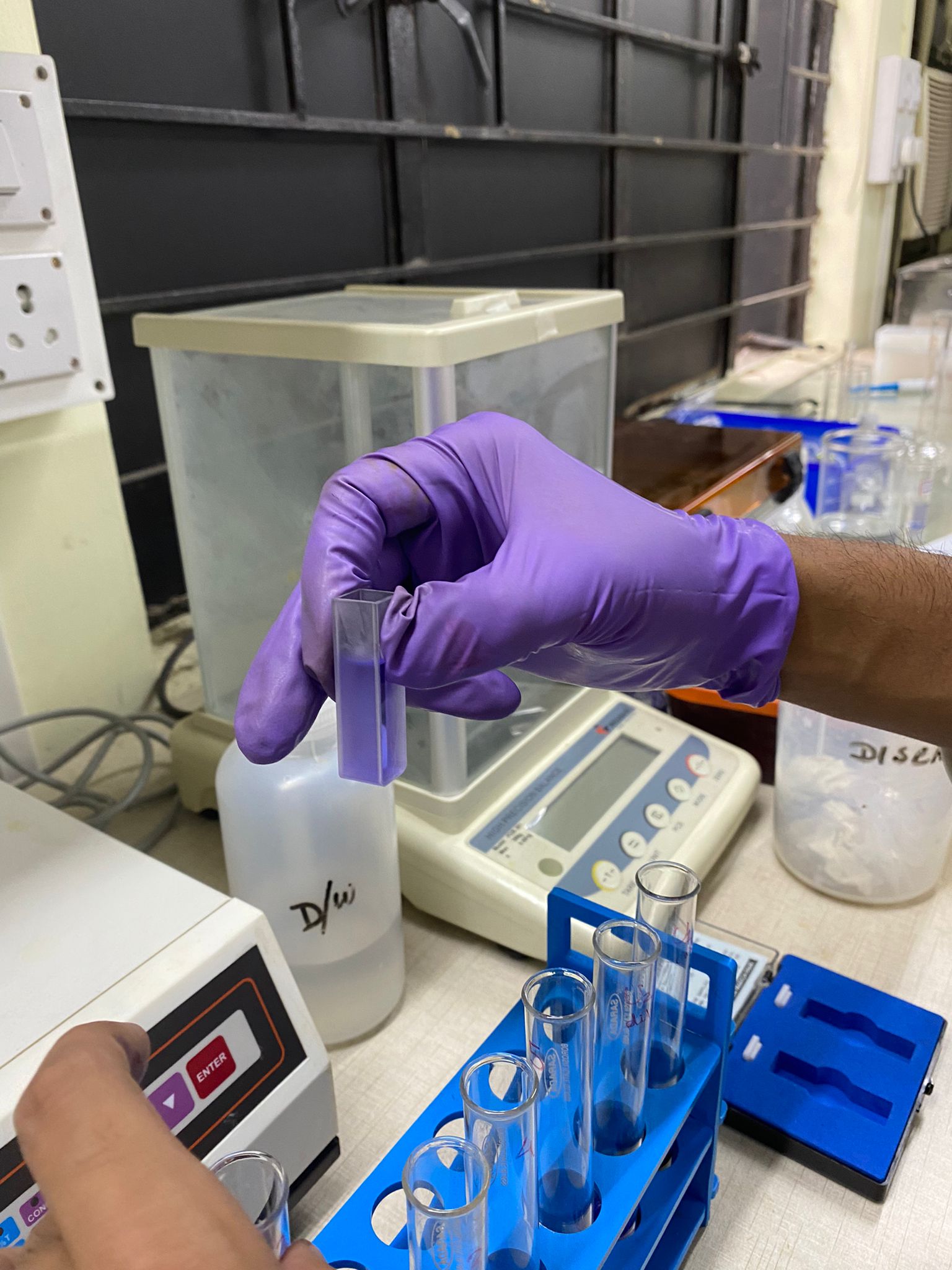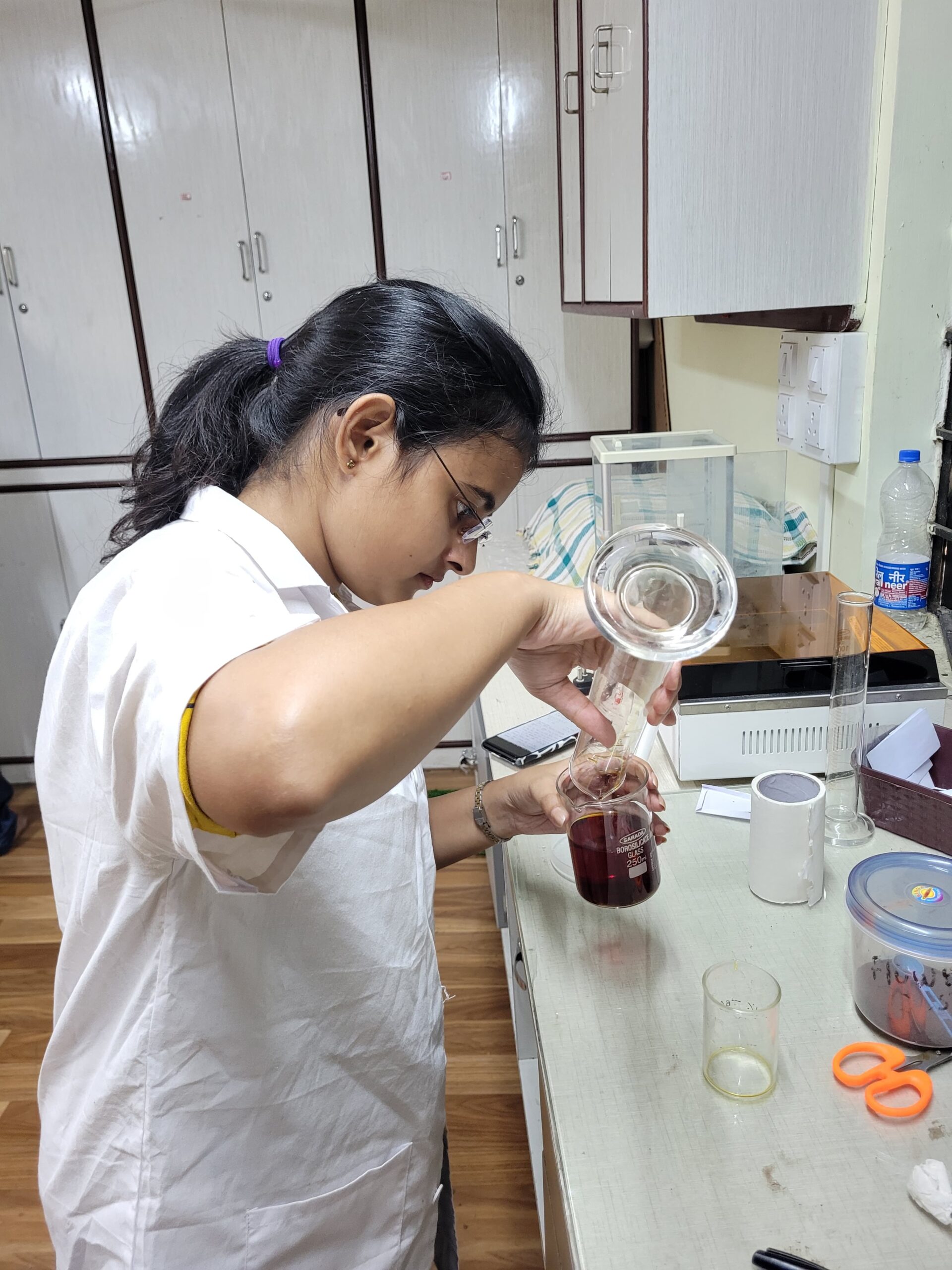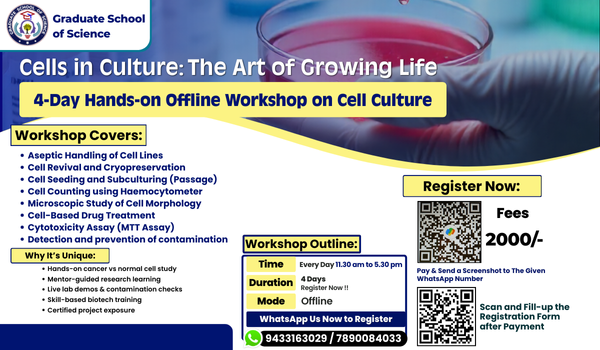Research objectives:
• The specific objectives of lab’s R&D activities may include advancing understanding of microbial ecosystems, developing novel diagnostic tools, exploring new antimicrobial agents, and enhancing biotechnological applications. Goals could involve improving disease detection accuracy, discovering innovative treatments, and contributing to scientific knowledge in the field of microbiology.
• Utilize bioinformatics tools to analyze large-scale biological data sets, aiding in the interpretation of complex biological systems and facilitating data-driven discoveries.
• Foster collaborations with industry partners to translate research findings into practical applications, bridging the gap between academia and commercialization.
• Contribute to the advancement of knowledge in biotechnology through training programs, workshops, and academic collaborations to nurture the next generation of scientists in the field



Our recent projects include topics from biochemistry, spectroscopy, microbiology, molecular biology, plant biotechnology, ecology, bioinformatics and cognitive science.
The upcoming projects can have diverse outcomes depending on the specific objectives.
Possible outcomes include identifying and characterizing microorganisms, studying
microbial growth and metabolism, investigating antimicrobial susceptibility, or exploring
environmental microbiology. Results may contribute to scientific understanding, medical
advancements, or practical applications in fields like agriculture or biotechnology.
Infrastructure and facilities :
Our lab typically includes specialized facilities and equipment.

🔬 Registration open for our Weekend based Hands-on Workshop on Molecular Cloning